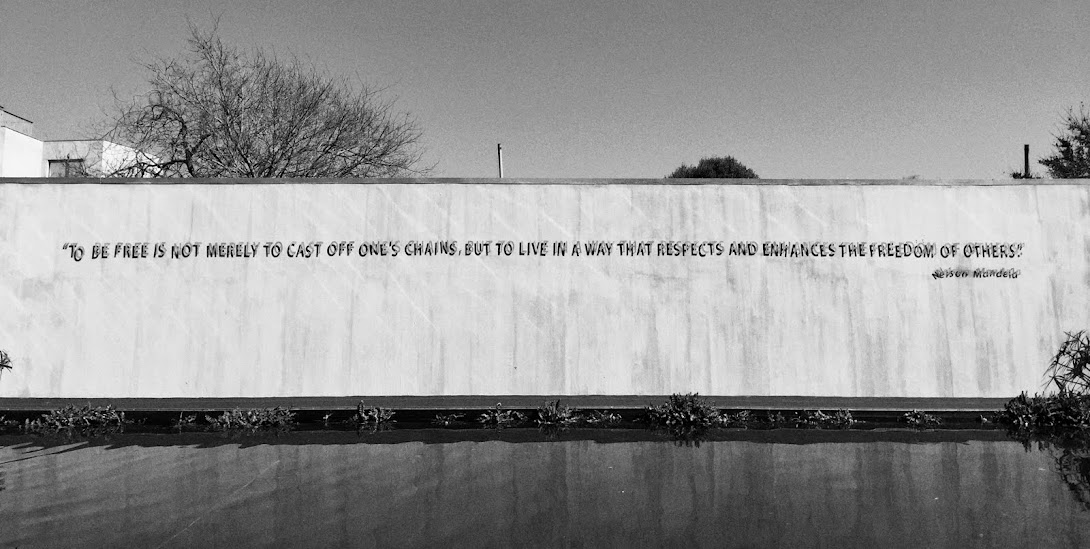'For the dead and the living, we must bear witness.' - Elie Wiesel
'Forgetting the extermination is part of the extermination itself.' - Jean Baudrillard
It’s a common incantation that those who
forget the past are condemned to repeat it (George Santayana, 1906); it comes
out with the familiar litany of prosaic quotes to mark historic anniversaries
and commemorations, it prefaces innumerable texts, and it serves as an
effective justification for any historical analysis. I’ve even written it on
the inside cover of my dissertation notebook. And yet, whilst we remember this
incantation, do we always remember to remember the past?
Tomorrow, January 27 2017, marks
international Holocaust Memorial Day: a day completely and totally dedicated to
remembering the Holocaust, to remembering not to forget it.
 |
| Iconic scene from Spielberg's (1993) 'Schindler's List'. Source: photo by Allstar/Cinetext/Universal - © Sportsphoto Ltd./Allstar from Imdb.com |
I’ve struggled with the idea of having a
defined temporal bracket set aside for the purpose of memorial for a while,
traceable, I think, to when I sat cross-legged on the floor of a classroom,
listening to my primary-school teacher translating the news of some bombings in
London and asking us all to be quiet for a minute to remember the victims.
Amidst several other fidgeting, cross-legged kids, I scrunched my eyes together
and tried to will myself into remembering. Every few seconds I’d soften the
scrunch in one eye to a split vision, quickly checking that everyone else was
still remembering. I’d then resume my scrunch and focus on my own remembering.
I don’t think I ever thought about the victims for more than a few negligible
seconds; what really occupied my minute of remembering were tangential thought
processes about the act of remembering, about why on earth I was being told to
sit in silence and remember something that no one I knew had experienced and I
certainly hadn’t experienced, or about what other people were thinking about
and, oh dear! I wasn’t actually remembering what I was supposed to remember! I
kept forgetting to remember it! I’ve observed countless minutes of silence
since my cross-legged, scrunched-eyes experience, and I always find myself
coming back to this circular questioning of performing commemoration of
particular memories within a defined, imposed minute of silence – or, by
extension, a universally dedicated day.
From the outset, I want to be clear that
I do not dispute the dedication of minutes of silence or days of dedicated
memorial to remembering particular events/victims. What I seek to question is
the everyday alternative – are, the everyday alternatives, I should say – to
these normalised forms of ritualised commemoration.







